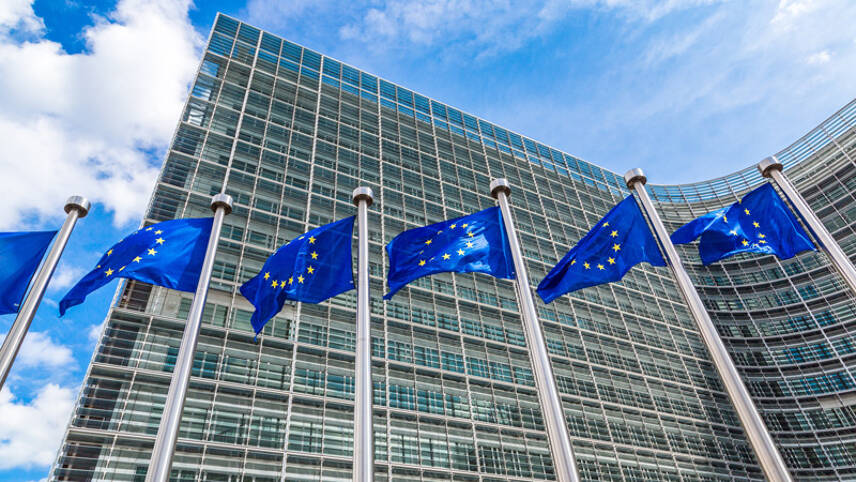Register for free and continue reading
Join our growing army of changemakers and get unlimited access to our premium content

At present, the bloc is targeting net-zero by 2050. An interim target has been set for a 55% reduction in emissions, against a 1990 baseline, for 2030.
A 2040 emissions goal is due to be set in the first half of 2024, and businesses participating in the Corporate Leaders Group Europe (CLG Europe) are pushing for the target to be aggressive and ambitious.
The Group, convened by the University of Cambridge’s Institute for Sustainability Leadership (CISL), has released a new position paper calling for the target to be a 90% reduction in net emissions by 2040, against a 1990 baseline. The paper states that a maximum of 10% of the progress should be accounted for by carbon removals, with the focus being on rapid decarbonisation in the first instance.
Such a strong target, the paper states, would “send a clear signal to businesses that climate action will remain at the heart of the EU’s political agenda for the next two decades”.
This will provide businesses and financial players with the long-term certainty they need to front-load investment into clean technologies. It will also help to cement the EU’s position as an attractive choice for international investors in low-carbon energy, electric vehicles, energy efficiency, hydrogen and nature-based solutions.
Meeting the 2040 target is described as “feasible”, with the delivery of the 2030 target as a pre-requisite.
Unilever, the Coca-Cola Company, Velux, Signify and GSK are among the CLG member businesses supporting the paper.
Velux Group’s chief executive Lars Petersson said: To be ready for 2050, we need a 2040 EU emission reduction target of at least 90%. A significant part of this reduction needs to come from the building sector, which currently accounts for over a third of GHG emissions.”
Petersson highlighted how forward-thinking companies are beginning to outpace policymakers on climate action. His firm is aiming to eliminate operational emissions and halve supply chain emissions by 2030. It has also set out plans to address the equivalent of its historical carbon emissions by investing in nature-based carbon removal solutions with partners including WWF.
What happens next?
The EU has stated to media that it will not speculate on possible 2040 climate goals at this stage.
The European Commission will publish an impact assessment on potential targets in early 2024. This document will look at the latest climate science, plus feasibility in terms of factors such as costs and skills.
A spokesperson said that, beyond existing 2030 and 2050 emissions targets, the Commission is “supporting industry by creating the necessary conditions and providing support for investments in Europe’s clean tech future, for example through the Net Zero Industry Act which was proposed earlier this year.
They added: “As President von der Leyen has always said, the EU Green Deal is Europe’s growth strategy.”
The Net Zero Industry Act was proposed in response to the US’s Inflation Reduction Act, which has allocated billions of dollars to low-carbon industry, thus boosting the nation’s attractiveness to would-be investors. The US’s package is expected to accelerate the decarbonisation of the energy sector in particular.
The EU’s Act, first proposed in March, will run through to 2030 and will redirect existing funding, worth hundreds of billions of Euros, to sectors which need to grow rapidly to reduce fossil fuel use.
The UK is under pressure to respond. Chancellor Jeremy Hunt has promised a British version of this kind of green industrial spending package at the Autumn Statement this October.


Please login or Register to leave a comment.